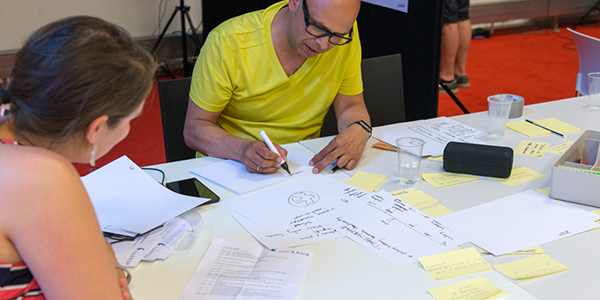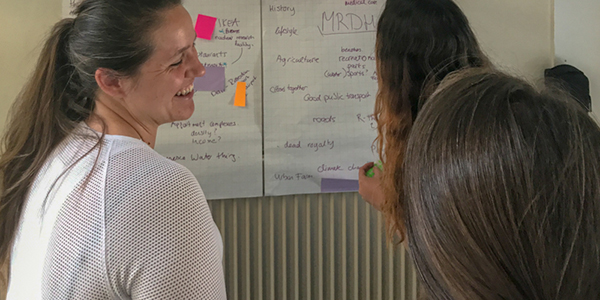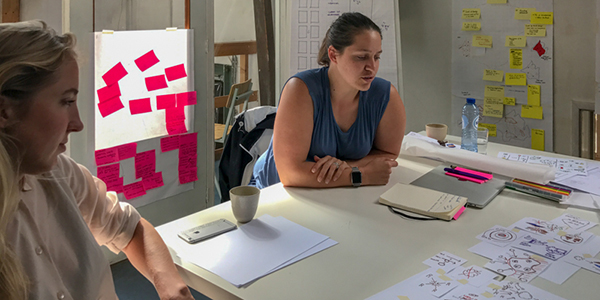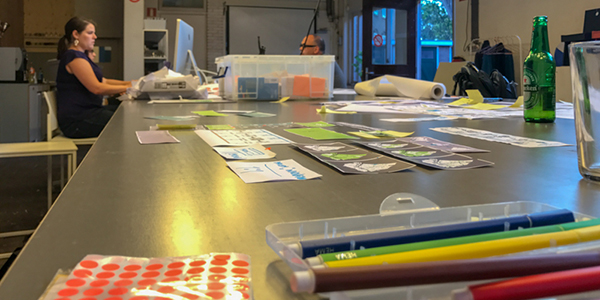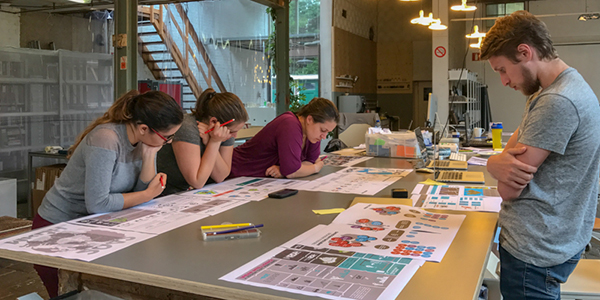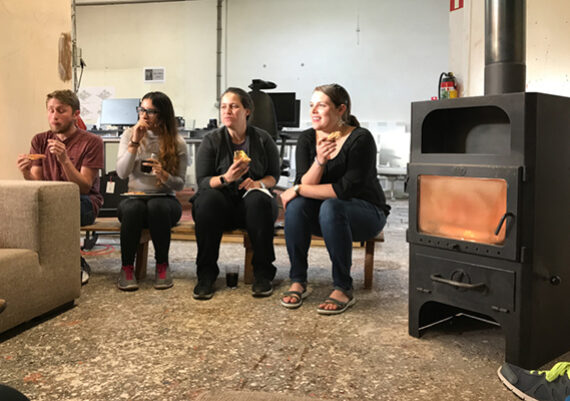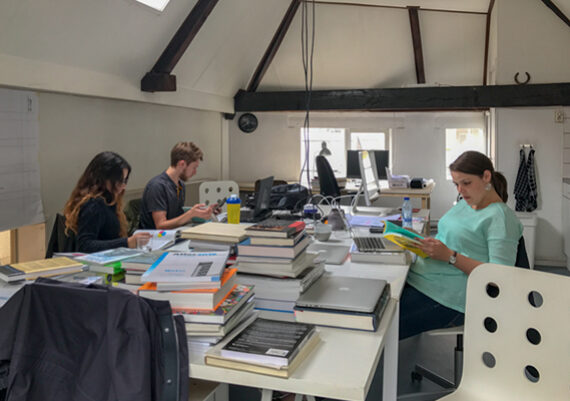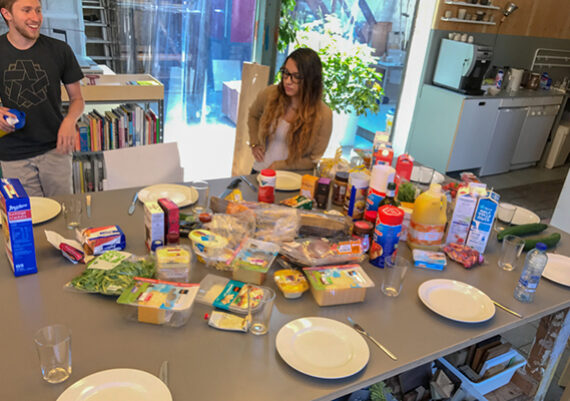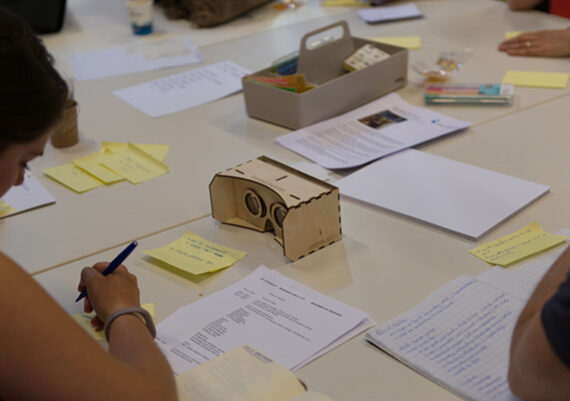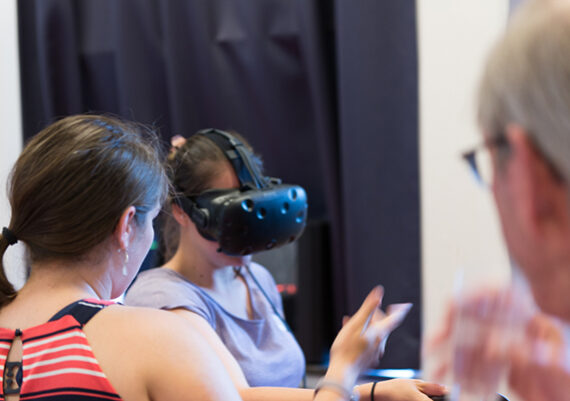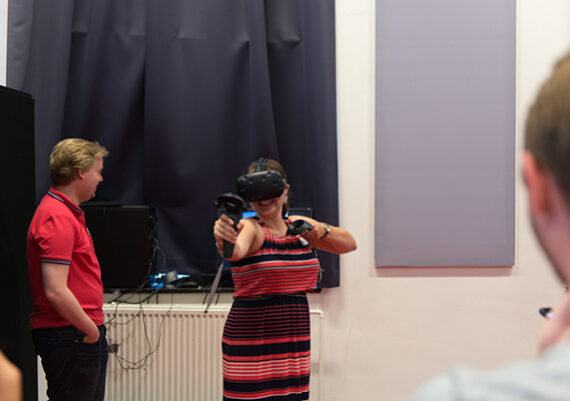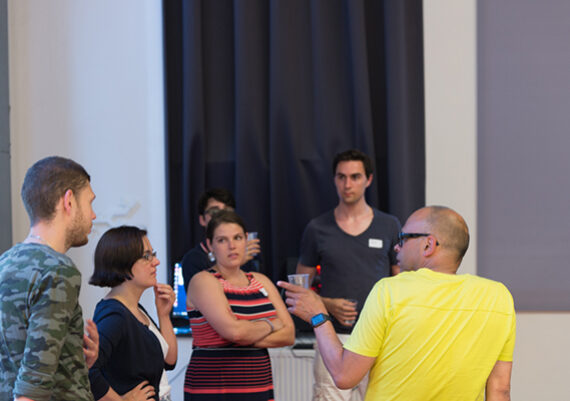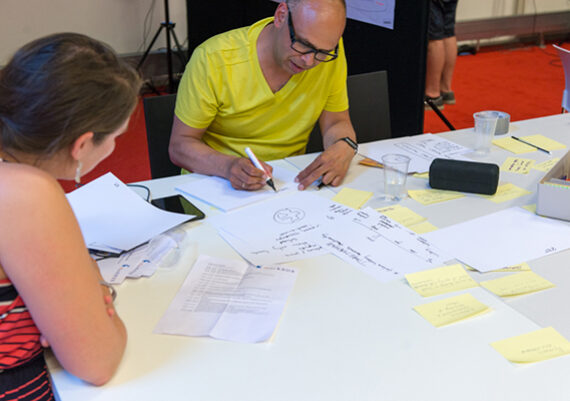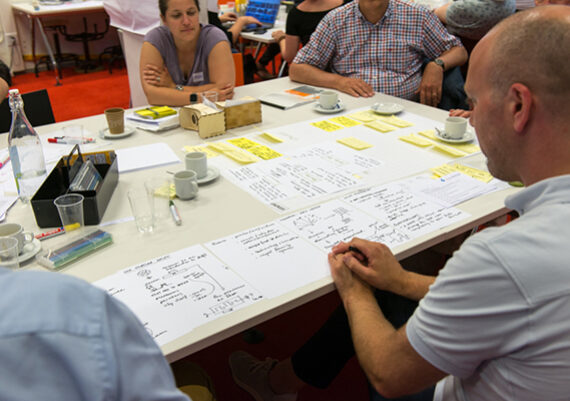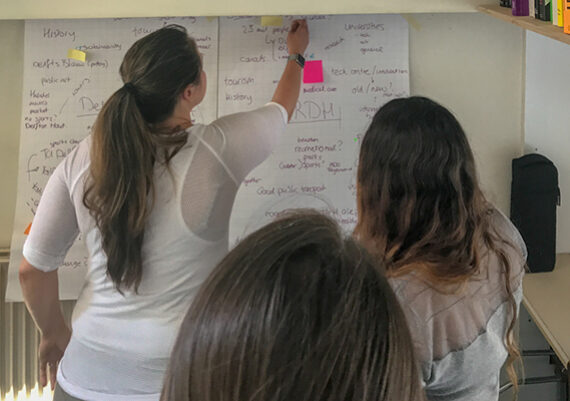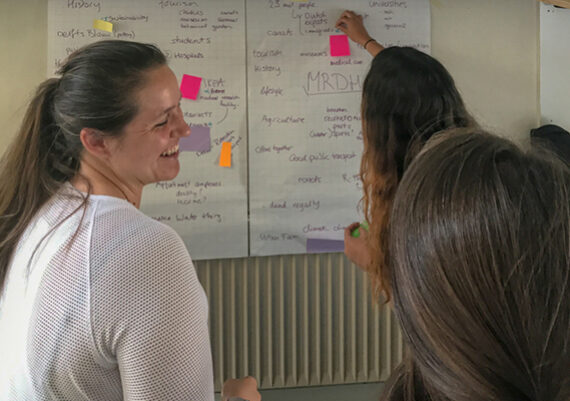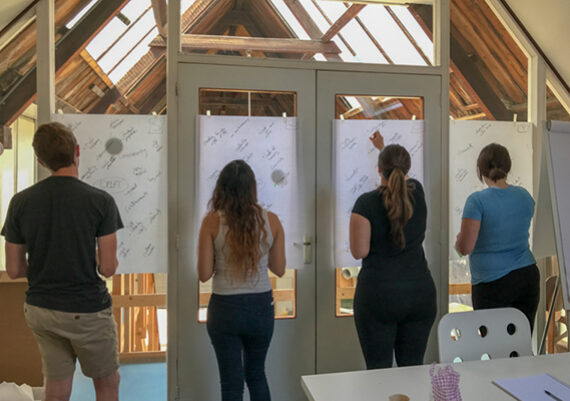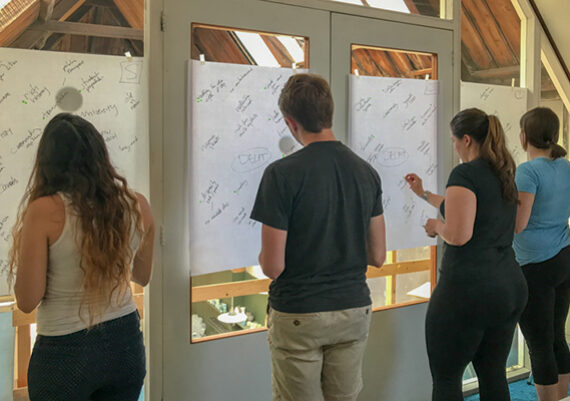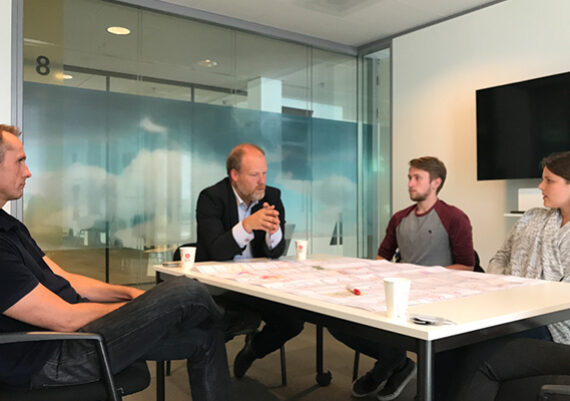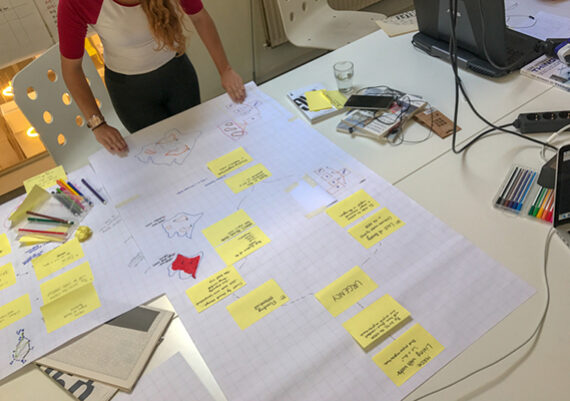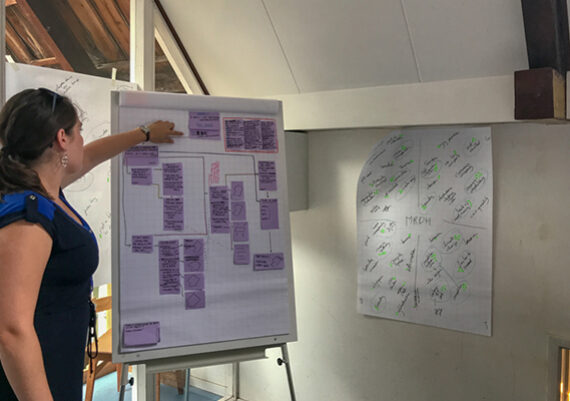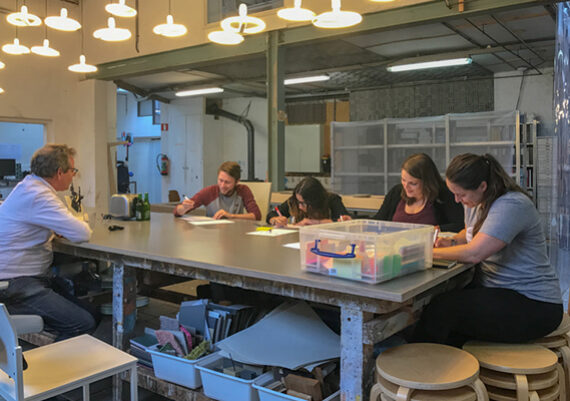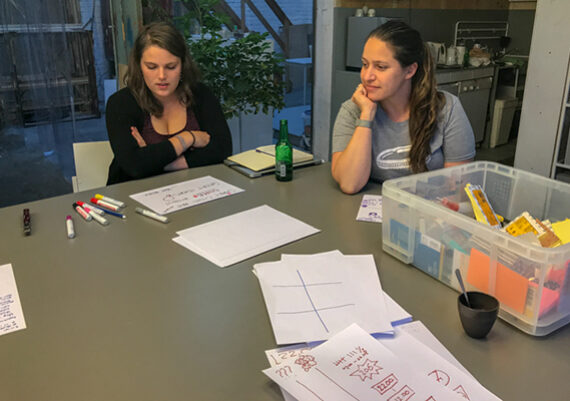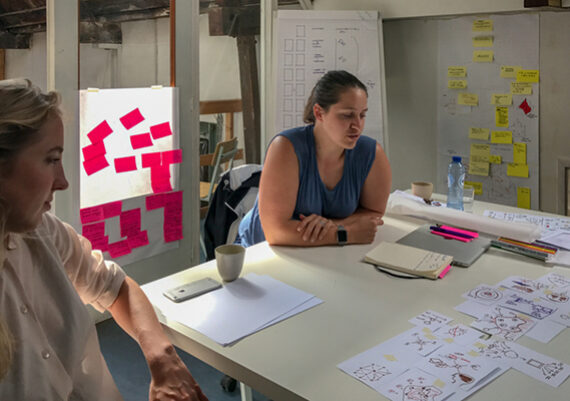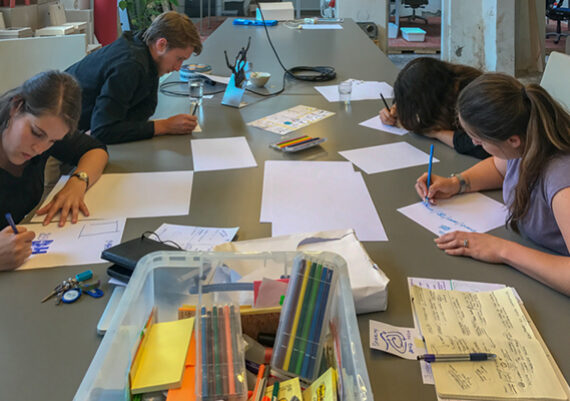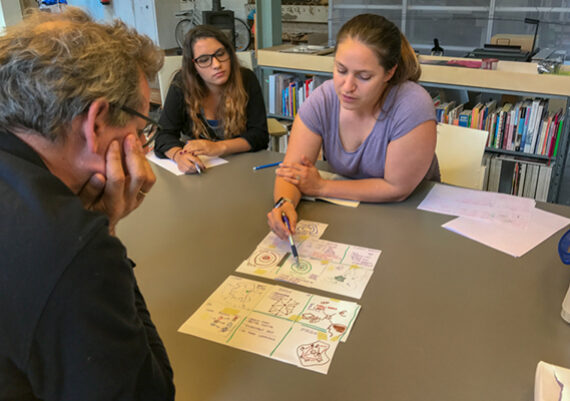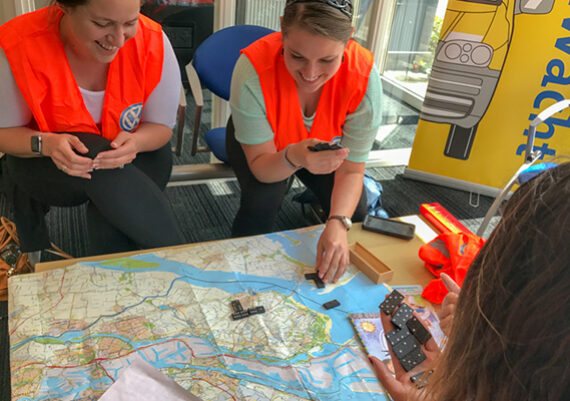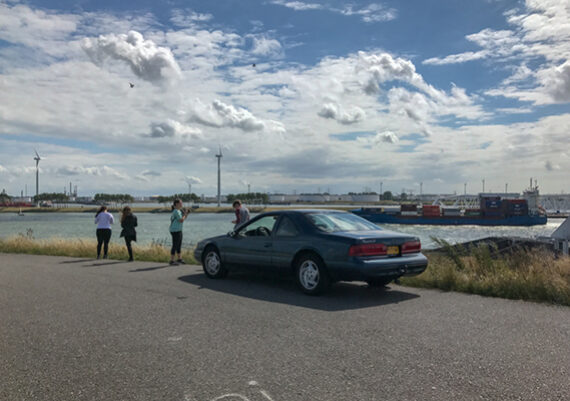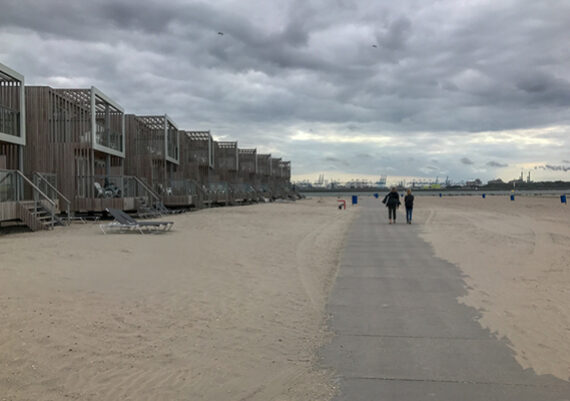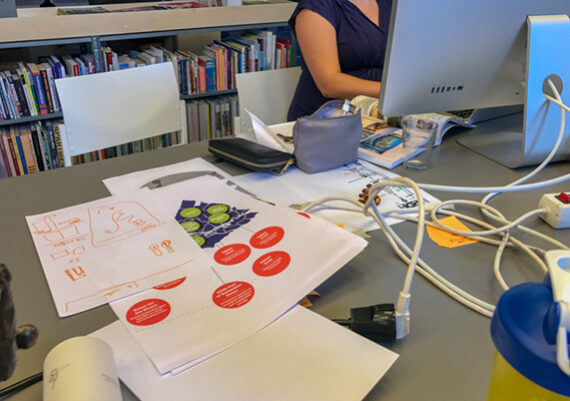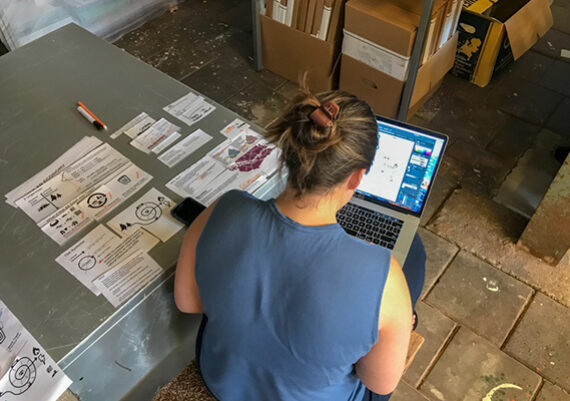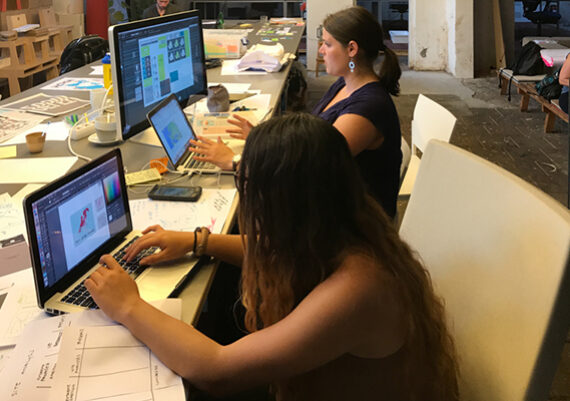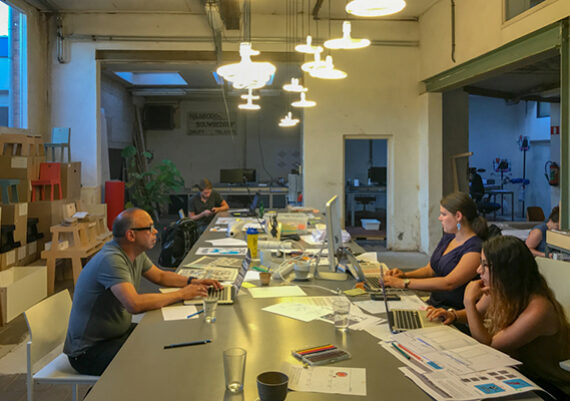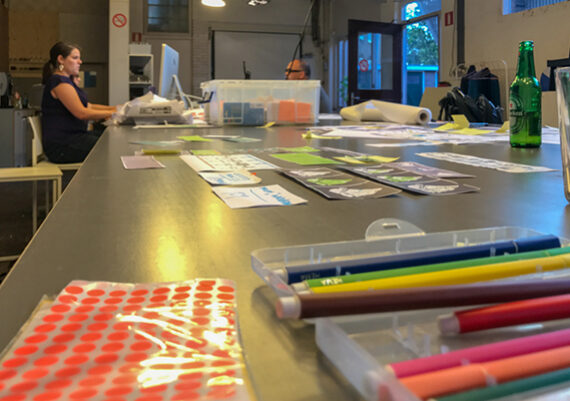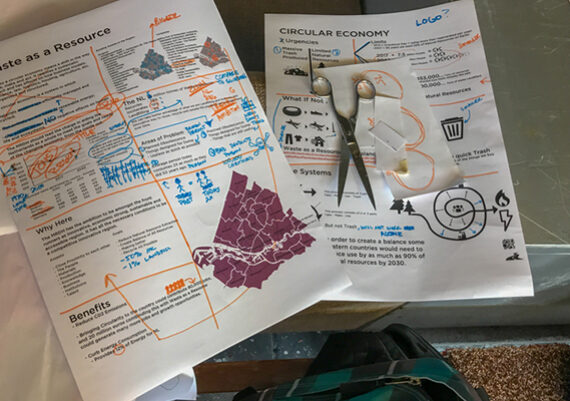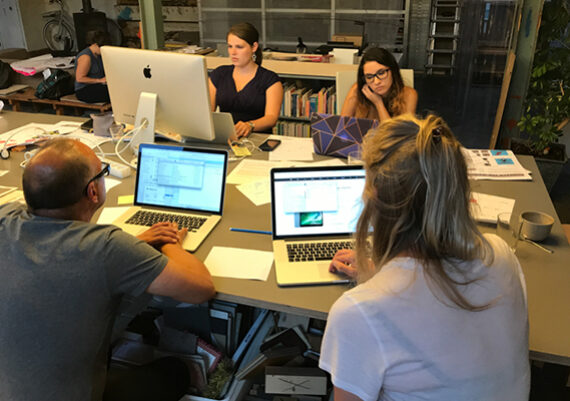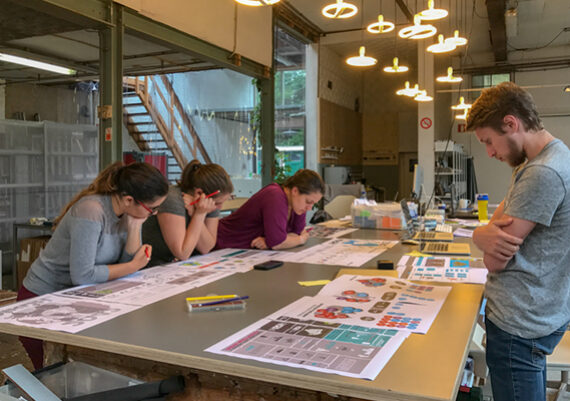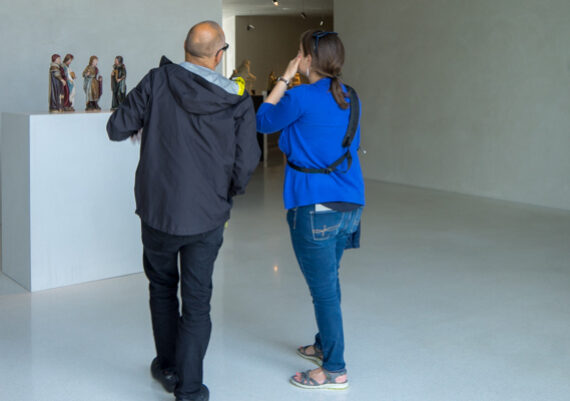Extreme Scenarios MRDH
Delft Scenarios 05 Extreme Scenarios for the Metropole Region Rotterdam is a research and design studio investigating the ambitions of and plausible futures for Delft Municipality. It focuses on developing scenarios and strategic designs that address the future of Delft Municipality in four extreme scenarios.
2017
concept, coordination & management, tutoring
Extreme Scenarios for the Metropole Region Rotterdam
Cities all over the world are reinventing their positions, either driven by changes in national policies decentralizing governance or reacting to the reality of competition and collaboration on subjects such as economy, services or the changing number of inhabitants. Often this is generated out of a desire or perceived necessity to respond to the changing ambitions of industries and citizens. One only has to think of notions like ‘Creative Cities’, ‘Metropolitan Regions’, ‘City Branding’ and ‘Self-regulation’ to understand that traditional ways to organize one’s community will fail to adequately address these emerging ambitions.
There is a need to improve decision-making and policy processes just as much as there is a need to service and renew spatial structures as demands are changing. One can state that changes in urban developments are driven by changes in population and their needs. Energy and sustainability issues have become a common consciousness deserving appropriate response in terms of policy and spatial planning. One can easily add to these examples.
These current challenges are becoming more complex and interwoven. Fed by a large number of sometimes contradictory and definitely various ambitions, they need to be addressed in a manner that do justice to all involved. Changes are good. And by nature, changes are complex and difficult to implement. They are disruptive and evoke resistance. Change needs community, involvement, and commitment. The more complex a challenge is, the more actors or stakeholders need to be involved, and the more inadequate traditional means for development becomes.
One needs to build robust solutions, or better, robust environments and contexts. Solutions tend to address current situations incapable of adjusting to changing realities. It is exactly those rapidly changing realities – economical, political and social – that have led to the realization that innovation in governance and policy-making processes is crucial for a city to keep operating successfully. Intelligent ways to address and implement developments are needed. Intelligent in terms of creating efficient and economically viable solutions for both processes and implementations; intelligent as in being informed by relevant parties.
Current notions on ‘Design Thinking’ move towards inclusive and collaborative processes. These are aimed at efficiently producing inventories and analyses of stakeholders and context. Organizing effective prototyping presents essentially different strategic options and scenarios. Finally and foremost, these processes create collaborative structures for professionals, administrators and citizens.
Studio
MRDH2042 is a case study based research & design program. Students from the University of Kentucky - College of Design took on the challenge to research potential interventions for the municipality of Delft. Current ambitions and trends involve the position of the city of Delft in the upcoming Region Metropole Rotterdam Den Haag, the relation between the Delft University of Technology and the city itself and generic European challenges as changes in population, economy and resilience topics like environmental and social
The research includes the current condition of Delft in relation to the region and in comparison to similar cities in Europe and the US. Main focus for the development of various scenarios is to enhance opportunities and ambitions with a special interest to the built environment.
Although the subject of research is realistic and based on actual ambitions and challenges the MRDH2042 studio produces ‘academic’ results. It is not our aim to provide ‘ready-to-use’ solutions for either the municipality of Delft or other stakeholders. Our results are based on an open and suggestive approach and can be as extreme in terms of content and implementation conditions (financially, political, etc.) as the research and development of scenarios dictate. As much as the developed scenarios and proposed (spatial) implementations are grounded in actual conditions and political, economical or cultural ambitions they are meant to question and unveil exactly those premises.
Micah Johnson, Trevor Tanzi, Emily Taylor & Vanessa Vidal
instructors
Siebe Bakker, Kim Degen, Dré Kampfraath
support
Ateliers: Ifke Brunings, Patricia Hessing
Delft University of Technology - Faculty of Architecture: Henri van Bennekom
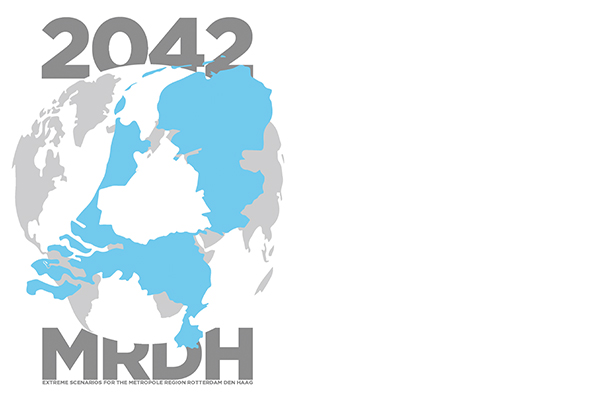
2017 / English
Results from the Delft Scenarios 05 'Design Thinking' studio for students of the University of Kentucky - College of Design. The studio explored plausibele scenarios for the municipality of Delft, reflecting on it's future position witinh the Metropole Region Rotterdam Den Haag.
Four scenarios are presented.
Contributions by Micah Johnson, Trevor Tanzi, Emily Taylor & Vanessa Vidal.
editor
Siebe Bakker
graphic design:
Siebe Bakker, Micah Johnson, Trevor Tanzi, Emily Taylor and Vanessa Vidal
